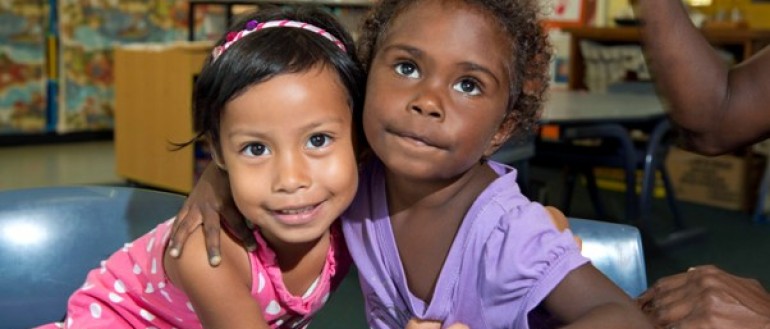Short and long-term effects of therapeutic exercise in children with bronchiectasis: a multi-centre randomised controlled trial (BREATH) Study
Primary aim:
- To determine if the exercise program is effective in reducing the proportion of children with bronchiectasis who experience any exacerbation in a 12-month period.
Secondary aims:
a) To determine the efficacy of the exercise program in reducing parent-reported exacerbations in a 12-month period (i.e. not medically attended)
b) To determine the cost-effectiveness and cost-utility of the intervention
c) To assess the program’s impact on FMS proficiency, habitual physical activity, aerobic fitness, health-related quality of life, perceived exercise competence and lung function.
d) To compare time to first exacerbation between the intervention and control groups
e) To compare rates of exacerbations in a 12-month period between the intervention and control groups
f) To understand the barriers and facilitators to exercise in children with bronchiectasis
Summary:
Globally, bronchiectasis unrelated to cystic fibrosis is recognised as a major cause of respiratory morbidity, mortality and health-care utilisation. Children with bronchiectasis regularly experience exacerbations of their condition resulting in frequent hospitalisations and decreased of quality of life (QoL). Guidelines for the treatment and management of bronchiectasis call for regular exercise as a means of improving aerobic fitness and health-related QoL.
Moreover, therapeutic exercise may reduce the incidence of acute exacerbations, which is a key predictor of future lung function decline and morbidity. To date, the short and long-term health benefits resulting from therapeutic exercise have not been investigated in children with bronchiectasis. Hence, RCTs evaluating the efficacy of developmentally appropriate therapeutic exercise programs for children with bronchiectasis is needed.
Chief investigator:
Project manager:
Contact info:
Email A/Prof Gabrielle McCallum
Project dates:
To project commenced in 2020 and is due to be completed in 2022.
Funders:
- National Health and Medical Research Council (NHMRC)
Collaborators:
- Queensland Children’s Hospital
- Royal Darwin Hospital
- Gold Coast University Hospital

